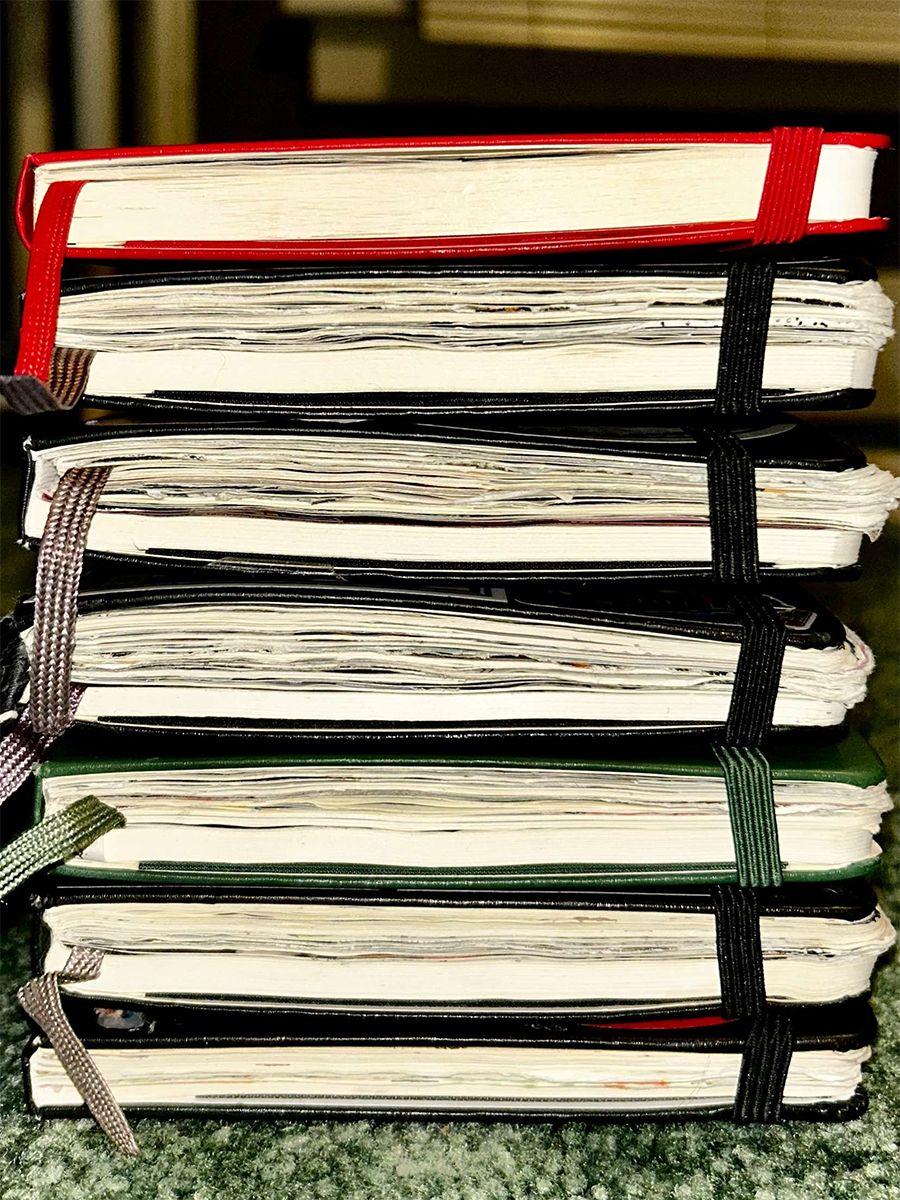Last December, the South American trading block Mercosul — which includes, among others, Brazil, Argentina, Paraguay and Uruguay — decided to close its ports to ships coming to their countries with the Falkland Islands flag.
Now, Argentine unions are trying to boycott ships coming from the United Kingdom, increasing the tension between these two countries with the 30th anniversary of the Falklands War approaching.
Those two recent economic blockades reflect the diplomatic row between the United Kingdom and Argentina over the Falkland Islands, which is a promising
arena for oil and gas exploration.
Both countries claim sovereignty over the islands that are under the British since 1840, when they formally established a colony there. But the ownership of the islands goes back centuries ago. Quick facts:
An Englishman called Captain John Strong recorded the first landing in the islands in 1690;
In 1764 French Admiral Louis-Antoine de Bougainville settled in the East Falkland Island;
Unaware of the French settlement, a British expedition took possession of the West Falkland in 1765;
Soon after, afraid of a war with Spain, the French gave the Falkland Islands to the Spanish;
In 1774, the British withdrew its forces form the islands but left a plaque that said the islands were “sole right and property” of King George III;
Under the pressure of Napoleon’s occupation, the Spanish governor withdrew the Falkland Islands with the entire colony in 1811;
Argentina becomes independent from Spain in 1816;
The British returned to the Falkland Islands in 1833-34 and established and formal colony in 1840;
Argentina invaded the Falkland Islands in 1982 and went to war against the United Kingdom. Argentina lost the war and 649 soldiers and the UK, 255.
It is also important to mention that the Falkland Islands have never had any native population. The islands were solely populated by British, French and Spanish colonists.
Argentina claims that the British left the islands in 1774 and never really came back for 60 years; therefore, Argentina should have the right of the islands because they are the heirs of Spain’s empire, who were in control of the land until 1811.
However, the UK has protected and supported the islands for over 150 years. The Falklanders consider themselves to be British — in a 1994 Argentine-inspired poll, according to the British Foreign and Commonwealth Office, 87 percent of the Falklanders said they are British.
Also, the United Nations Committee on Decolonization puts the Falkland Islands on the UN’s list of Non-Self-Governing Territories, which makes the Falkland Islands one of 16 territories that have too small of a population “to survive as viable, fully independent state.” Therefore, the British sovereignty is needed.
Again, the majority of people in the islands are from British descent, they have British citizenship and they share their same customs and language. They are not Argentineans.
British Prime Minister David Cameron recently said: “As long as they want to remain part of the United Kingdom and be British, they should be able to do so.”
And the Falklanders do want to remain British.
Argentine President Cristina Fernandez de Kirchner’s nationalist agenda and the revival of the Falkland’s ownership claim are ways to distract the Argentinean population and cover up real problems such as corruption, poor economy and poverty.
Kirchner needs to back off and let the people of the Falkland Islands decide what they want before a military conflict erupts, which neither the UK nor Argentina can afford right now.








